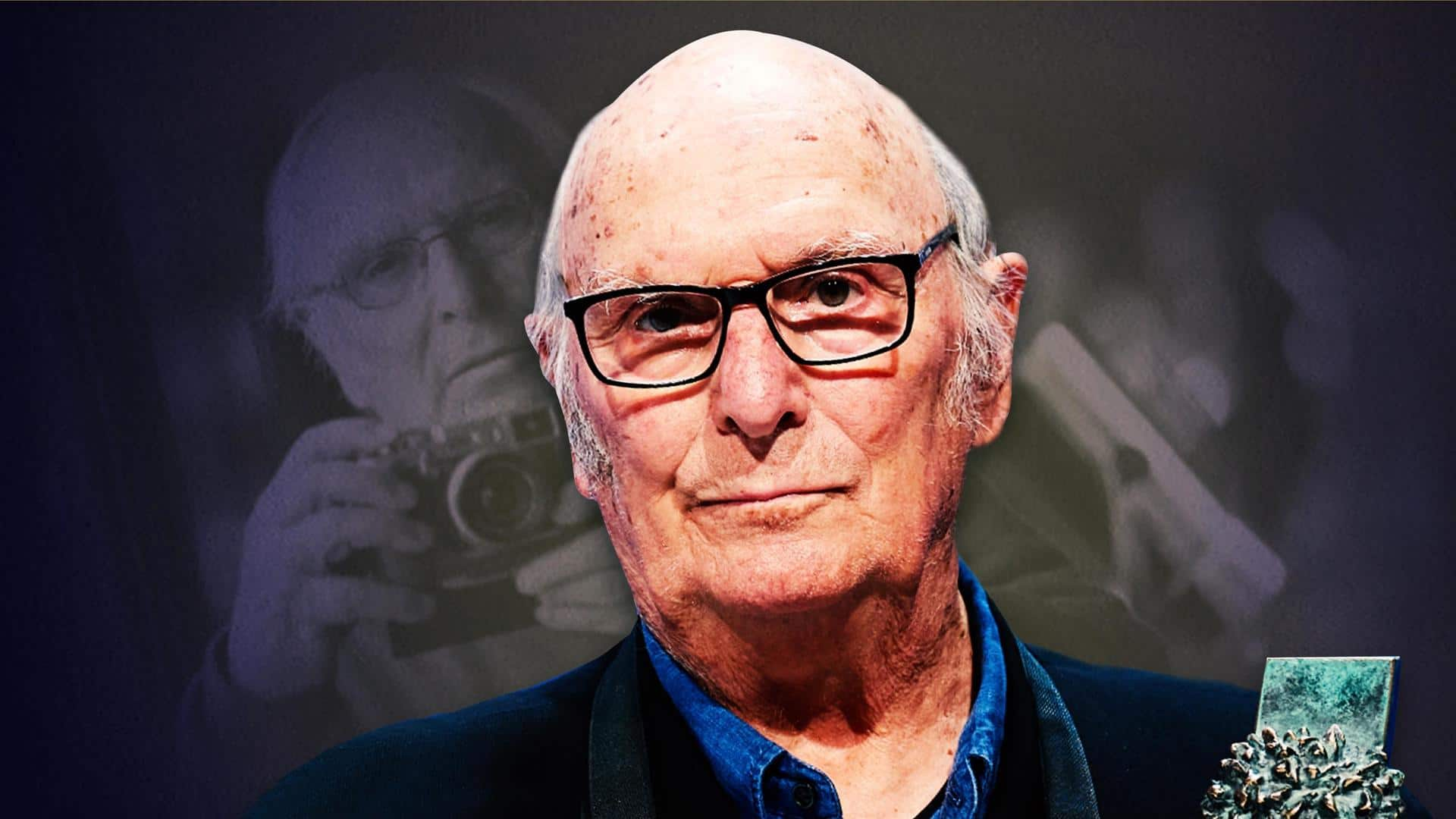
#NewsBytesExplainer: How Spanish filmmaker Carlos Saura carved an inimitable legacy
What's the story
Globally acclaimed Spanish filmmaker Carlos Saura breathed his last on Friday (February 10) at 91. In a prolific, exceptional career that spanned over half a century, Saura contributed momentously to Spanish cinema and was known for consistently pushing the envelope and gradually catching the eye of cinephiles across the globe. But how did the screenwriter-director-photographer reach the pinnacle of success in cinema? Let's explore.
Career snapshot
A quick look at Saura's illustrious career
Saura was credited with Spanish art cinema's resurrection, and his cinema is introspective, multilayered, and unafraid to criticize the perils that surround us, including fascism and censorship. The multi-talented artist's career began in 1955 with documentary features, and his first feature-length film Los Golfos (The Delinquents), made it to the Cannes Film Festival in 1960. He has 52 credits on IMDb as a director!
'Flamenco' trilogy
Make sure to check out his critically acclaimed Flamenco trilogy
Saura's most distinctive work was his Flamenco trilogy (romantic musicals), comprising Blood Wedding (1981), Carmen (1983), and El amor brujo (1986). These movies have accumulated prestige over the years because they blend dramatic content and popular flamenco dance forms. Carmen was adapted from its namesake novel penned by Prosper Mérimée, while the last film was based on a ballet created by Manuel de Falla.
Awards and honors
Saura's work didn't go unnoticed at award ceremonies
To nobody's surprise, Carlos Saura was honored with numerous awards, and his work was lauded not only in Spain but across the world, including India. In 1974, he won the Cannes Film Festival for La prima Angélica; in 1981, he was honored with the Golden Bear Award for Deprisa, Deprisa; and in 1983, he clinched the BAFTA Award for Carmen, among multiple other adulations.
Notable works
Which one is your favorite Saura film?
While it's difficult to narrow down only a few films created by the celebrated auteur, some of Saura's most notable works are The Hunt, Cría Cuervos, Tango, Peppermint Frappé, Mama Turns 100, Oh, Carmela!, Taxi, El Dorado, Deprisa, Deprisa, Ana and the Wolves, and Weeping for a Bandit. Unfortunately, as of yet, these films are not streaming on any Indian OTT platform.
On Cinema
How did Saura describe and define cinema?
Speaking about the medium of cinema, Saura had once expressed, "For me, the cinema is a type of drug, an obsession. What I like is that it is a solitary pleasure." "I am all for popular cinema but there must be movies made for an artistic audience. This is not an elitist medium. It's important that both co-exist," he had said in another interview.